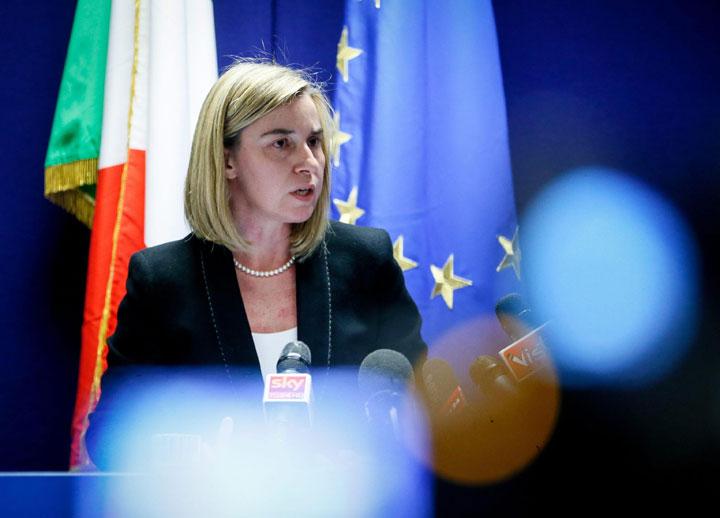Iceland postponed his program for cancelling the EU application. The decision was communicated into a government note after the protests by thousands of citizens against the decision of withdrawing the negotiations started by the former government without issuing a referendum.
The choice made by the Sigmundur Davíð Gunnlaugsson government of withdrawing the EU application, which was started when Iceland was hit hard by the baking crisis (which was overcome thanks to the support of the EU, too) was seen in Brussels as an unforeseen – and undeserved – slap to the Union. Earlier this year, the Icelandic government drafted a bill to withdraw its 2009 EU membership application without holding a public vote (which was indeed promised during the electoral campaign): in reaction, thousands of protesters gathered outside Parliament.
The Foreign Minister, Gunnar Bragi Sveinsson, does not seem impressed by the protests, and said that “Parliament will return to the issue after the summer recess and will approve the draft law as it is. I only consider it a formality. The government is not in any negotiations with the EU and does not intend to hold any.”
Actually, this is kind of arm wrestling between the government and a large part of the population. Over 55,000 people in Iceland signed a petition calling for a referendum on the issue – quite an impressive figure, given that there are 320,000 people in Iceland. Polls indicate that the majority of the population wants the referendum to be held. In addition, the percentage of those willing to join the EU is remarkable, even if they still are a minority: 37% of voters said they want to join the EU, according to a recent poll, the highest level since 2009. Yet, 49% of Icelanders were still against joining.










